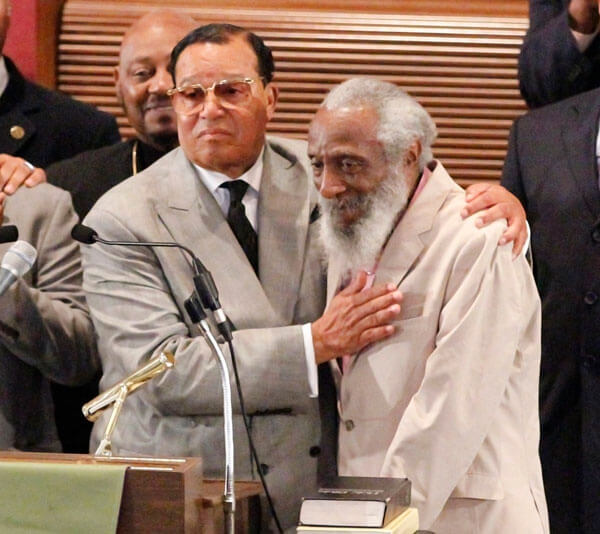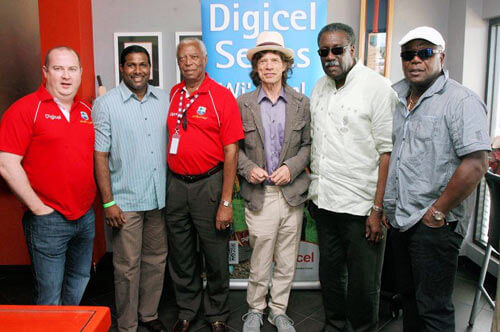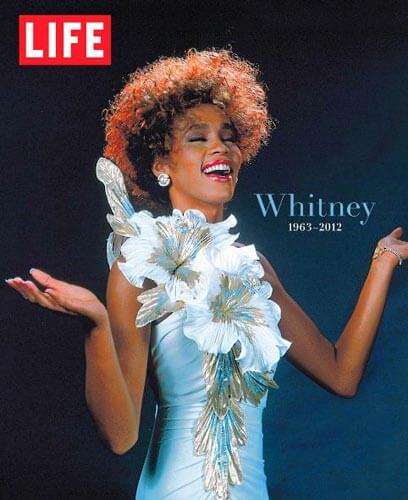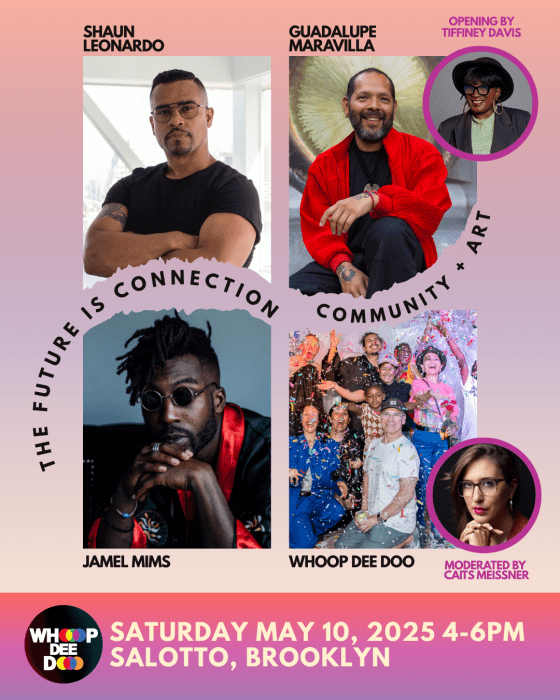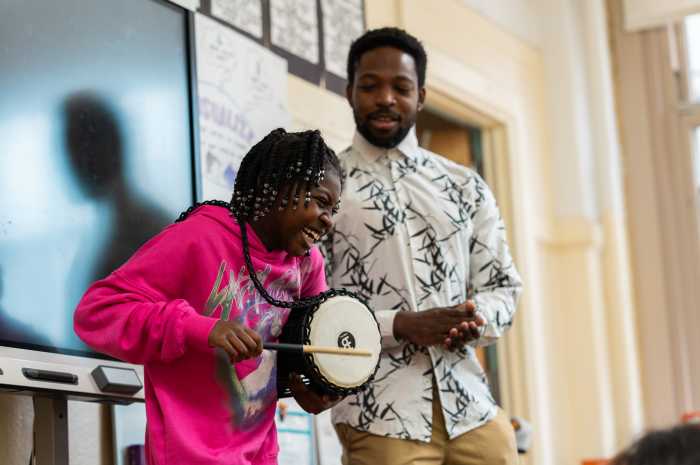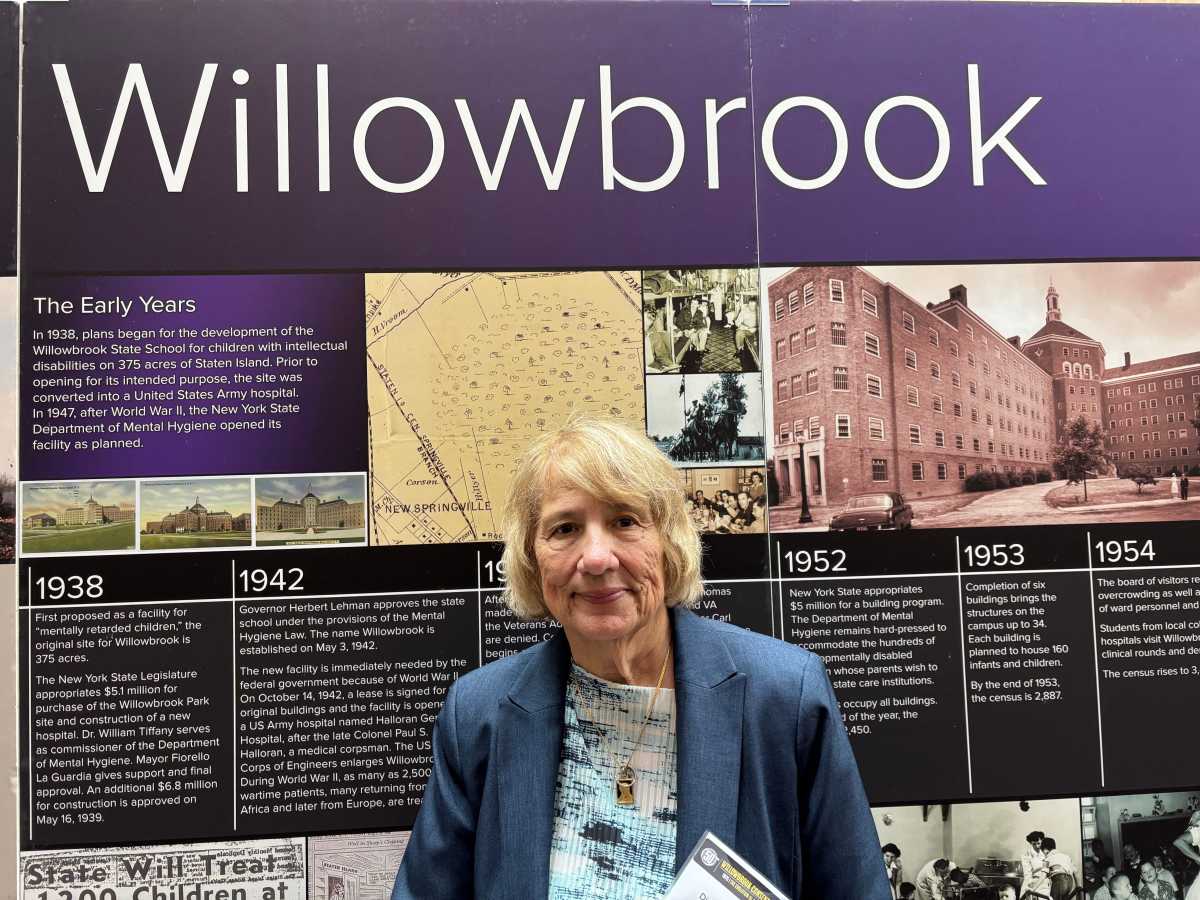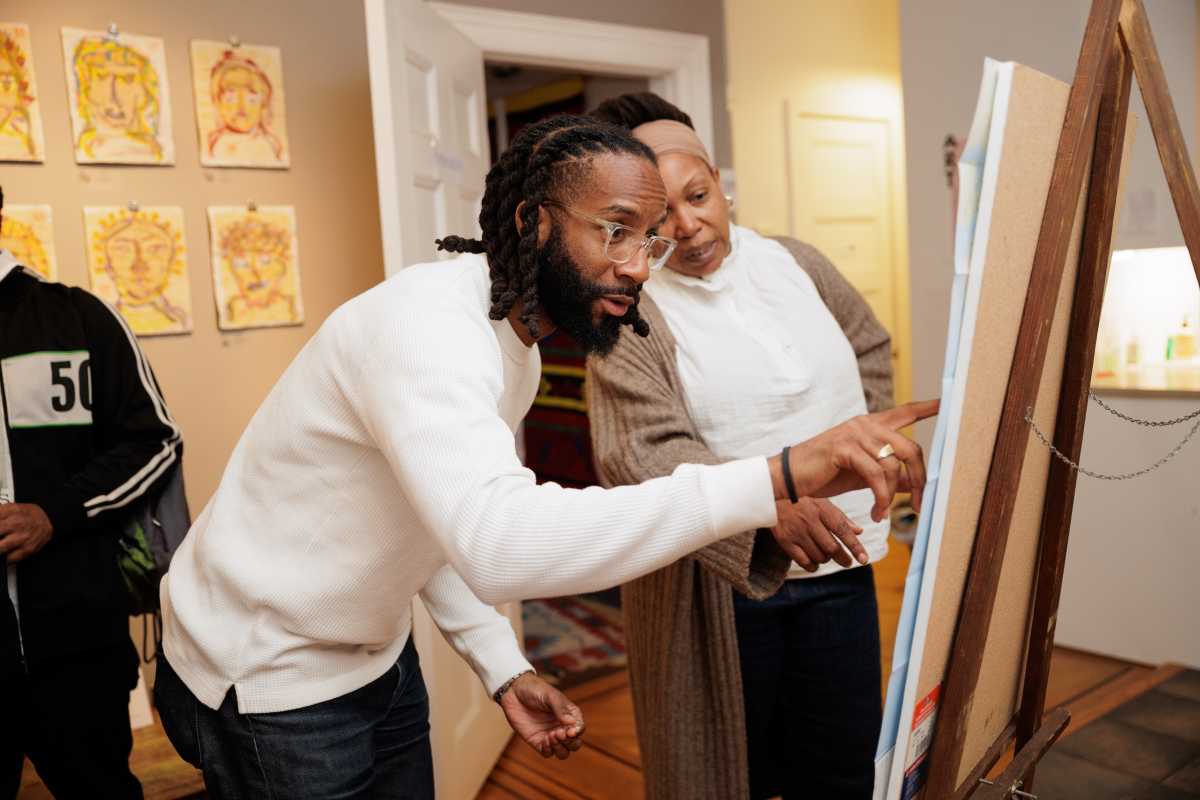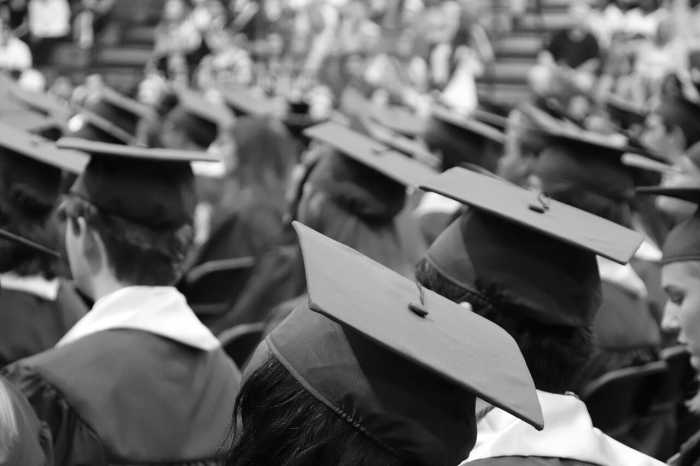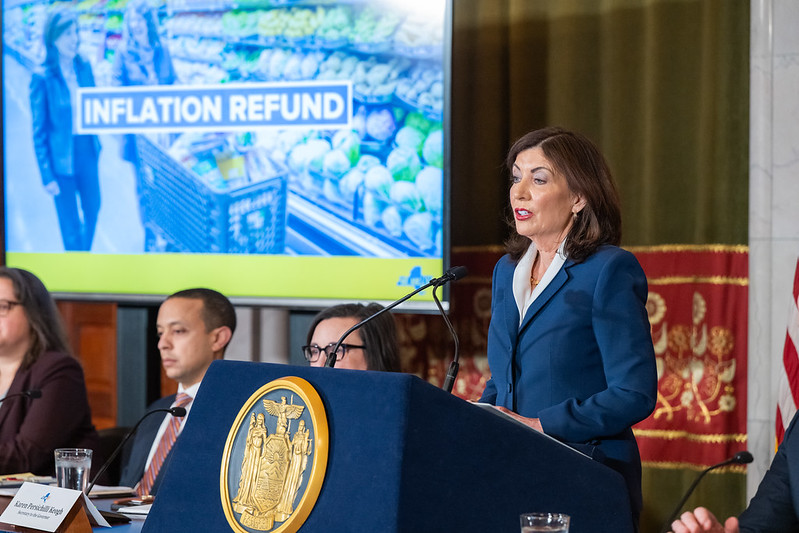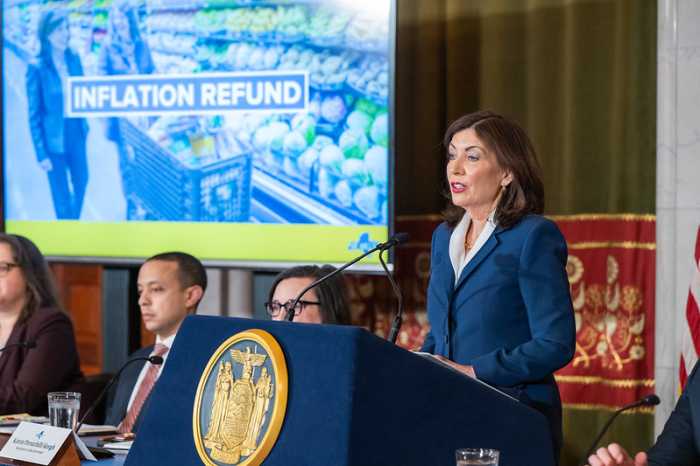One year after taking the Million Man March commemoration ceremony to Kingston, Jamaica, the Nation of Islam is mobilizing for the 20th celebration of a Day of Atonement for Black men to return to the nation’s capital.
Last year for the first time, Minister Louis Farrakhan took his franchise outside of the United States for an anniversary unity engagement.
Oct. 19, 2014, a public conference commemorating the 19th anniversary was held at the National Arena in Kingston, Jamaica.
On arrival to the Caribbean island, he expressed gratitude to the government and people of Jamaica, “for the warm and gracious reception (extended to) myself and (my) family, and members of the Nation of Islam.”
“Our visit in celebration of the Million Man March is…to get us to see (among other things) that no one can fight a battle when you are at odds with one another.”
While there, he addressed key issues related to the welfare of Jamaica and other Caribbean islands; regional unity, and matters affecting the youth.
Imam David Muhammad, Eastern Caribbean representative of the leader and the NOI, said Jamaica was chosen because of its importance to the NOI.
“The Caribbean region is recognized by the honorable Minister Louis Farrakhan as being a beacon of consciousness for the global black liberation struggle, and most of the literature, for example, that has offered guidance to Black America has come from the Caribbean.”
“Minister Farrakan’s father is from Jamaica and his mother is from St Kitts, and you even have great scholars like J.A. Rogers, who was born in Jamaica, and Walter Rodney, who was from Guyana … All of these came through the Caribbean region and spread through Black America.”
On Labor Day, I noticed a delegation of uniformed members of the NOI walking along Eastern Parkway during the annual West Indian American Day Carnival Association’s cultural parade.
Some passed out palm cards announcing the 20th anniversary commemoration of the MMM.
This time, the focus is ‘Justice…Or Else!’
Slated for Oct. 10 at the National Mall in Washington, D.C. the event continues significant commemoration activities held since the first MMM.
Following that inaugural holy day of atonement, another convened the following year on Oct. 16, 1996 with a scaled-down event held at United Nations Plaza.
Since that time there has been unheralded anniversaries held on the fifth and 10th and last year outside of U.S. borders in the Caribbean.
The major themes of the anniversary have been consistent and this time it is no different, they are atonement, reconciliation and responsibility.
First organized by Minister Louis Farrakhan, the Oct. 10, 1995 endeared more than one million to congregate on the National Mall in Washington D.C. to apologize for wrongdoings and atrocities against women.
On that historic date, thousands traveled by cars, trains, buses and airplanes in order to demonstrate commitment to the cause.
The overwhelming display of solidarity actually overwhelmed the media, corporate America and citizens across the nation.
That such an impressive call would attract a diverse gathering of Black men and even a — few hundred thousand women – seemed an overly ambitious concept to report.
But celebrities, politicians and average American showed up to amplify the initiative and in the end made the District the central focus and singularly largest gathering ever of Black men in the United States.
The historic gathering placed the District as the news capital for a day.
Commercial television networks and cable channels programmed all-day coverage of the event which took precedence over every other news item throughout the world.
I recall boarding an Amtrak train the night previous to the event at midnight from 34th St.
There I noticed more men waiting on the platform of the station than I had ever even imagined. Of course I knew I might be challenged for showing up without an invitation to an all-male outing.
But as an accredited reporter from New York City, I was ready to argue my motivation and interest.
In retrospect and to my consternation, not a single man confronted me. In fact, I was greeted with comments such as “glad to see you sister.”
When the train pulled into Union Station, I made my way to the media registration area.
Again to my surprise, there were more female reporters seeking accreditation than males.
More surprising to me was that, a majority of the women were Caucasian.
The sight alone made me ponder their motivation.
Perhaps it was their editor’s motives that should have been questioned.
Was it a test?
Could white women deliver a better story about Black men?
Or was it a show of defiance against a movement dedicated to a Black, male cause?
Somehow, their presence justified mine.
And I felt a bit more at ease, being female, present and now accounted for.
The short of it is that throughout the day, neither gender seemed superior.
In a pocket, I displayed a small Jamaican flag.
The symbol alone, alerted many men to greet me as a Caribbean woman. Later on I noticed numerous individuals brandishing large, banners representing various African and Caribbean islands.
I decided then that although I was dispatched there by the largest Black newspaper in New York, at least a sidebar story would have to be devoted to a Caribbean presence at the MMM.
Recently, Min. Farrakhan spoke at Philadelphia’s Tindley Temple United Methodist Church to mobilize support for the rally.
He said Philadelphia native and actor Will Smith and his wife, Jada, donated $150,000 to support the event.
According to an acknowledgement on social media:“…the couple happily donated $150,000 to offset the cost of hosting the upcoming historic gathering!”
Smith attended the first Million Man March in 1995.
He also endorsed the first Million Woman March which was held in his home-town of Philadelphia Oct. 1997.
For those traveling to Washington, D.C., the march will kick off at 10 am on Oct. 10 at the National Mall.
Catch You On The Inside!


